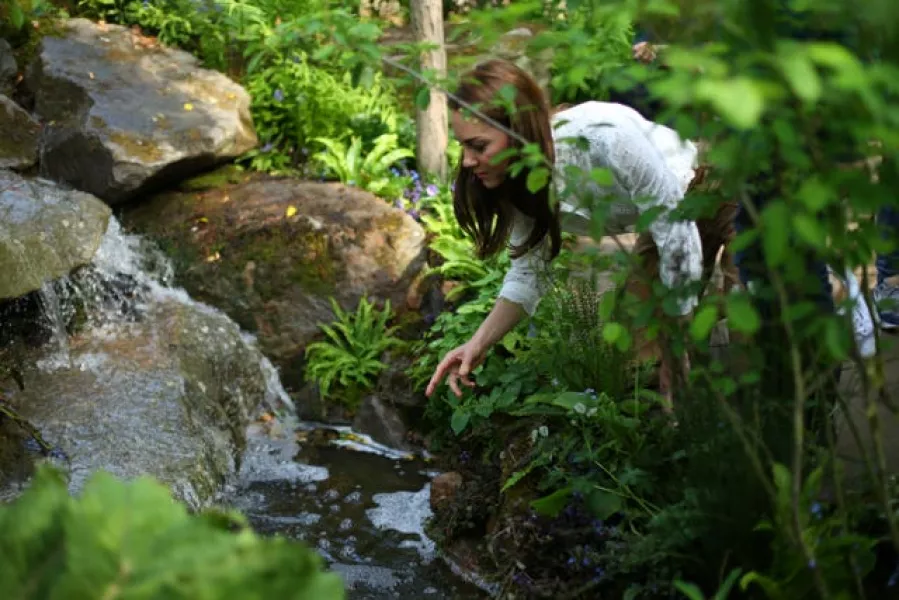The coronavirus pandemic and ongoing restrictions to normal behaviour and routines are affecting people’s lives in many different ways.
Mindfulness can be “particularly helpful” as we struggle with the limitations of lockdown, says accredited meditation teacher Ann Ward, founder of Xhale in Co Armagh in Northern Ireland, who has been involved in meditation for more than 20 years.
“Mindfulness can be practised at any time at all – while you are sitting, walking, cooking, eating or just pausing to notice your breath,” says Ward.
“If you are focusing on the present moment and paying deliberate attention to the activity you are currently doing, then you are not thinking about the past or the future with all the associated worries, regrets, anxiety and negative thoughts.”
Here are some of her top tips for finding a moment of calm amidst the pandemic…
Get a dose of Vitamin N (Nature)
Twenty minutes each day spent in nature is “so important to support our holistic health,” says Ward. She recommends sitting or walking in your garden, local park or forest setting, saying this has a number of health benefits including reducing anxiety, boosting your mood and supporting relaxation and stress reduction.
Try forest bathing

Two years ago the Duchess of Cambridge disclosed she is a fan of the Japanese concept, where people can immerse themselves in a green space to combat stress. Ward is a certified shinrin-yoku (forest bathing) guide and says spending time in a forest environment can boost a person’s immune system, as well as reduce blood pressure and lower stress.
She recommends trying to bring awareness to the present moment by noticing the connection of your feet to the forest floor, observing the movement of your breath to ground yourself and using all your senses to deepen your awareness of the nature surrounding you.
Swap soaps for nature viewing
Simply making a choice to watch more positive content such as wildlife documentaries and regular nature programmes can allow you to connect with nature in a virtual way, said Ward. “This will support your wellbeing and potentially create new interest in the nature you experience in reality,” she said. “It may even inspire you to become involved in local conservation projects.”
Employ breathing techniques
Breathing exercises are excellent stress management tools which keep your mind focused and anchored in the present moment, says Ward. She recommends one which encourages a focus on the breath through repeating the phrase: “I am breathing in, I am breathing out,” while sitting comfortably on a chair, with hands resting gently on your lap and feet firmly on the ground.
“As you settle in to the exercise, begin to take some deeper breaths and, as you do so, silently begin to repeat, ‘I am breathing in’, on the in-breath and, ‘I am breathing out’, on the out-breath,” she says.

“Focus on your breath and on the words. If your attention wanders, just gently bring back your focus on breathing in and breathing out.”
Take a digital detox
While acknowledging the positive way in which technology allows us to connect with others in lockdown, Ward says “techno-stress has evolved with the new digital age, resulting in sensory and information overload due to continuous contact with devices, social media and online meetings”.
She advises people to make “mindful choices to rest from this activity”, perhaps by practising a few minutes of breathing exercises for some screen-free time.







